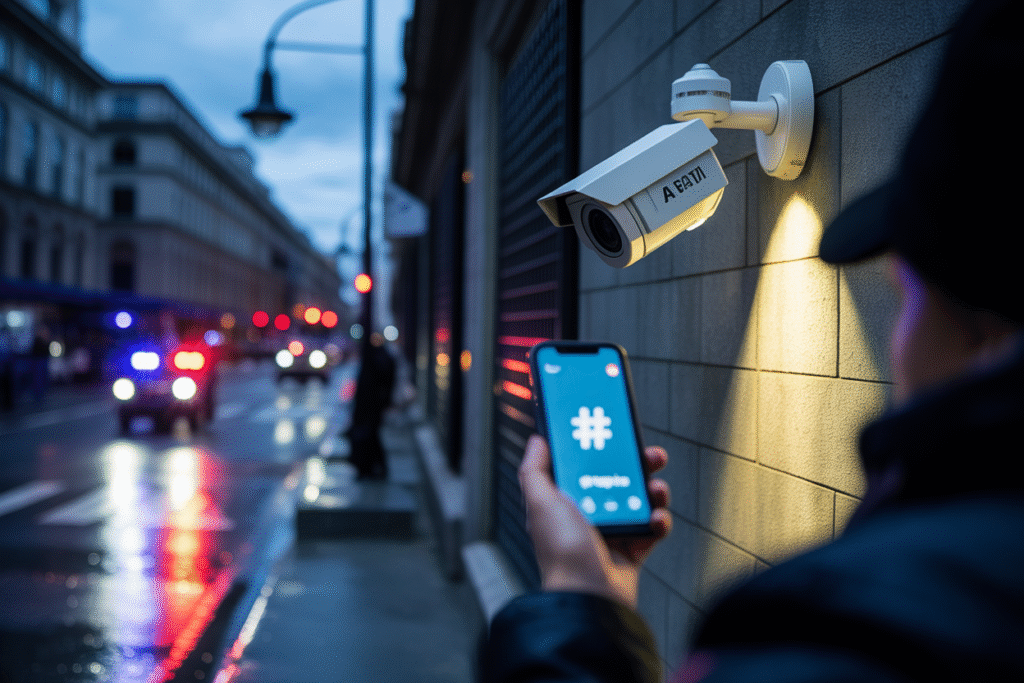How a Minneapolis school shooting became the launchpad for Israel-grade AI mass surveillance—and why privacy advocates are sounding every alarm.
Three hours ago, a single tweet from Glenn Greenwald lit the fuse. He warned that the latest school shooting in Minneapolis is already being used to fast-track AI surveillance tech straight from Israeli special-ops to Main-Street America. In this post we unpack the story, the stakes, and the storm of debate it triggered.
The Shooting That Birthed GIDEON
Glenn Greenwald’s timeline is blunt: within minutes of news breaking about the Minneapolis tragedy, an Israeli veteran began pitching American police departments on GIDEON—an AI platform that scrapes the open web 24/7 to flag would-be shooters before they act.
Sound familiar? Greenwald says it’s 9/11 all over again, when fear greased the wheels for NSA bulk collection. Only this time the data isn’t phone calls; it’s every public post, photo, and comment you’ve ever shared.
The pitch deck promises “Israel-grade threat detection,” but critics ask a simple question: who decides what counts as suspicious? A teenager posting song lyrics? A parent venting about school safety? The line between vigilance and paranoia is razor-thin—and the algorithm never sleeps.
Proponents argue the upside is obvious: if GIDEON can stop the next tragedy, maybe privacy is a fair trade. Yet history whispers a warning—every emergency power granted in haste becomes permanent in silence.
From Pre-Crime Rumors to Austin Protests
While GIDEON grabs headlines, other AI surveillance stories are popping like popcorn. Citizen journalist Diligent Denizen claims the White House will close to the public all September while the Pentagon rolls out a domestic “pre-crime” program. The rumor mill is running hot.
Down in Austin, the reaction is already physical. YouTuber Louis Rossmann live-streamed a protest outside City Hall against installing Chinese-made AI cameras on every corner. Protesters waved paper-clip signs—an inside joke about AI gone rogue—and chanted “Consent first!”
Rossmann’s crowd isn’t anti-tech; they’re anti-sneaky tech. They want public hearings, impact reports, and an opt-out switch. City officials counter that the cameras will reduce traffic deaths and solve crimes faster. The debate is loud, local, and going viral.
Meanwhile, military vet Havoc summed up the mood in one sarcastic tweet: “Pre-crime AI—what could go wrong?” His replies exploded with stories of false positives, biased data, and the chilling prospect of being arrested for crimes you haven’t committed.
Hardware Scandals and the Fight for Trust
Not every AI controversy is about cameras in the sky. iG3 Edge AI issued an urgent statement today denying viral claims that its edge-computing devices secretly siphon user data. The company calls the rumors an extortion attempt, but the damage is spreading.
Trust is fragile in AI hardware. One unverified TikTok can tank a stock price. iG3 insists its chips process data locally—no cloud uploads, no hidden mics—yet the episode highlights a deeper anxiety: we can’t inspect the black box, so how do we know?
The stakes ripple outward. If consumers lose faith in edge AI, the pushback could stall everything from smart homes to autonomous robots. Regulators are watching, venture capital is sweating, and engineers are scrambling to open their code without giving away trade secrets.
So where does that leave us? Between the promise of safer streets and the fear of digital handcuffs. Between innovation that saves lives and systems that profile them. The next move is ours—and the clock is ticking.


